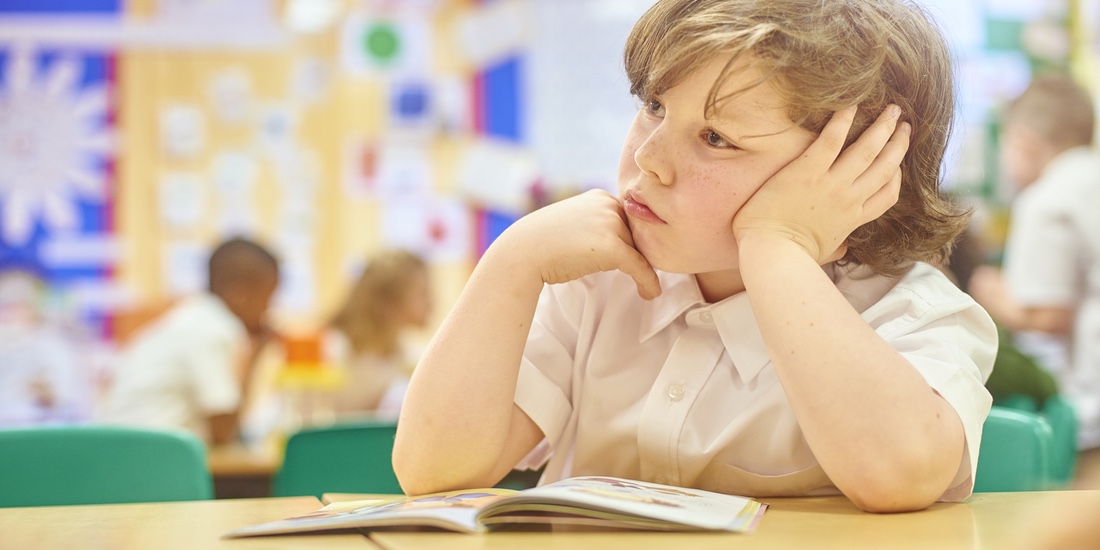Your child may not want to learnt to read – *yet*. It’s completely normal and natural. Reading is hard. Reading is complex. There is no “correct” age for learning to read. Nor is there a special formula for getting every child to read by a certain age. If your child is a reluctant reader, keep in mind our Basic Concepts.
Learn
Basic Concepts
- Conventional reading will happen. But, every child learns to read at their own pace.
- There is a large window developmentally in these beginning years for learning to read. Some children start taking an interest in conventional reading as early as 3-years-old, others may be ready at 5-years-old or older.
- The age at which a child learns to read does not affect how well or how much they eventually read as an adult.
- Don’t push too hard. Learning to read is most powerful when your child is the one leading you in their interests. Avoid making reading “work”.
- Children will read beyond their level when they’re motivated by a topic (e.g., dinosaurs, space, animals, etc.). Let it happen naturally.
- Check in with your child’s teacher if you’re worried about your child’s progress.
Do
Develop Oral Language
- Talk to each other.
- Listen to your child tell a story (Story Time Dice can help).
- Play word games.
Read with your Child
- Interact with books – a lot. Visit the local library. Just being in a space filled with books is inspirational.
- Read together. Never make reading a punishment.
- Read at home as often as you can.
- Re-read favorite books – a lot.
- Read the world – street signs, restaurant signs. Words are everywhere.
- Let your child “read” the story to you as they wish. At the outset, word accuracy is not the most important thing. Focus on building their enjoyment for reading and storytelling.
- Read books that your child wrote as “real books”. Keep them on the shelf with all their other books.
- Search for familiar words in books your child loves.
- Even reading about daydreaming is magical.
Observe How Your Child is Solving for Words
- Reading is also about establishing meaning.
- Write together (and draw pictures). Record a story that your child is sharing on paper and read it back to them. Make a “real book” with their stories.
